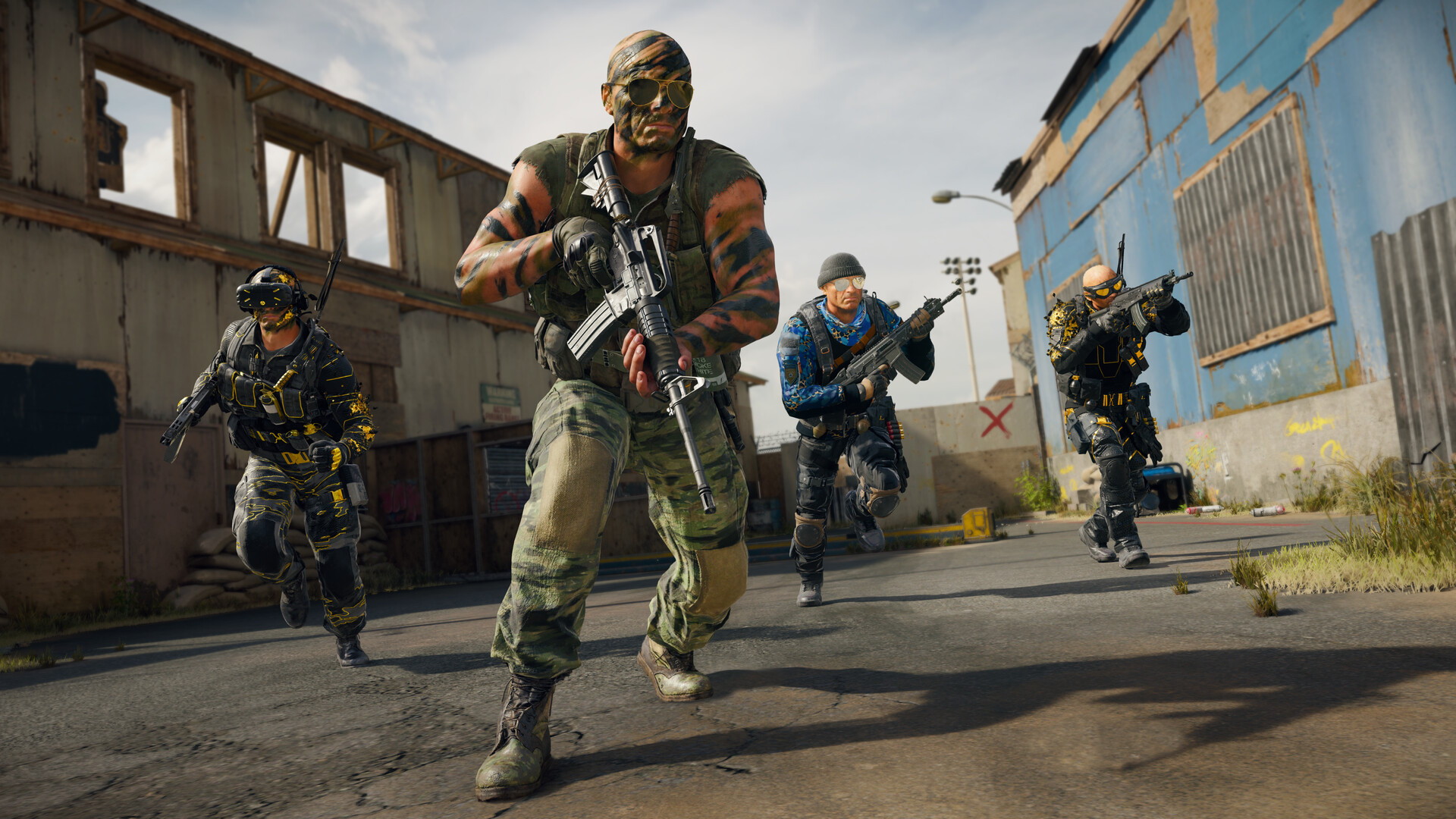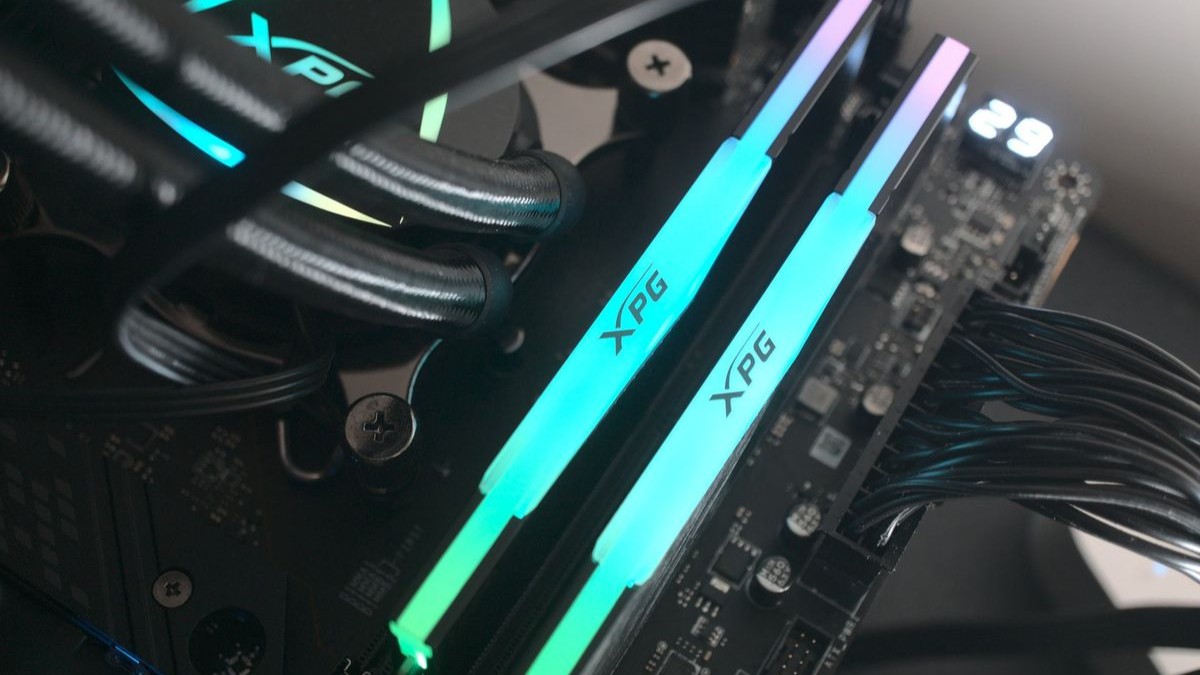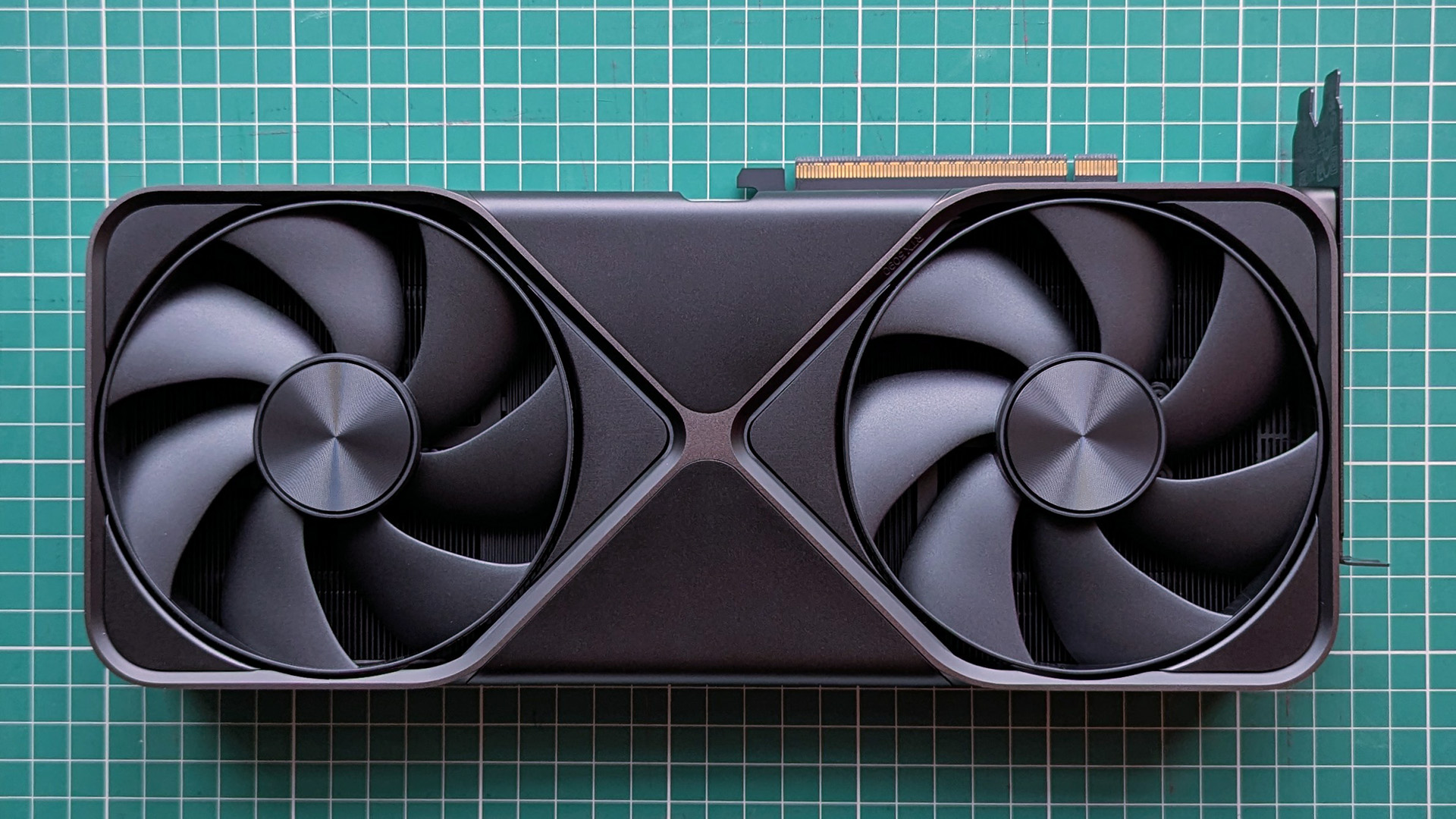The one weird trick that FINALLY fixed Call of Duty crashing on my PC — and it only takes a couple of minutes
I don't understand why the constant crashing was fixed by fiddling with my RAM, but it worked.

All the latest news, reviews, and guides for Windows and Xbox diehards.
You are now subscribed
Your newsletter sign-up was successful
After playing the entirety of the Call of Duty: Black Ops 7 beta on my Xbox Series X, it was then time to go back to my gaming PC to resume normal service.
Except, normal service was a game that crashed every single time I tried to play a match on Black Ops 6 or Warzone. The old favorite, the DirectX bug, showed its face again, but it was joined by a nondescript error that just kept telling me to verify and repair the files.
Enter a week of trying just about everything that could have been saved if I'd had the wherewithal to just do a web search for the specific error. Because it turns out the issue was related to my RAM, and the fix not something I'd have ever thought to try by myself.
The Call of Duty error 0xc0000005 and the XMP fix for it

I take absolutely no credit for this, instead that goes to this year-old Reddit thread which detailed a couple of things to try that I hadn't thought of.
The first was disabling virus and threat detection, which I didn't really want to do. The other was to disable XMP in my BIOS.
Lo and behold, after rebooting into BIOS, turning off the XMP profile, booting back into Windows 11, and then loading Call of Duty, the crashing was gone.
I've given it a few days and about 15 hours of game time to see if it had actually worked, and it seems to have done the trick. I should say prior to this I've reinstalled Windows 11 entirely, tried old graphics drivers, new graphics drivers, updated my BIOS, chipset drivers, basically everything.
None of those stopped the specific 0xc0000005 crash, but the DirectX crash did at least seem to have been vanquished. I don't really understand why, so if you have some technical knowledge, do please drop it into the comments below.
I've never before come across an issue where I had to disable XMP to get a game to stop crashing. Wouldn't think that Microsoft owns Call of Duty now, would you.
PC gaming can be such a minefield
I'm crossing all of my fingers and toes that spending a week doing open-heart surgery on my PC means it's in good stead ahead of the Black Ops 7 launch on November 14.
But there are bound to be issues, and we'll make sure to track all the biggest ones when the game lands.
But once again it's left me with a sour taste, and a reminder of why console gaming can be so good. Sure, there are compromises, but Call of Duty hasn't crashed once on my Xbox Series X. While on my PC I've been fighting issues — as many others have — for what feels like eternity.
Not having to worry about drivers, or now, it seems, how my hardware is set up, is such a blessing. Just turn the console on, fire up a game, and more often than not, it works. How about that?
PC gaming should be the superior experience, but there are too many times it's nothing but headaches. And it's probably not going to get easier, is it?
FAQ
What is XMP?
XMP is a pre-determined set of performance settings for your RAM. Out of the box it will run at a lower speed than it's rated for, as that speed is almost always an overclock.
The XMP profile is stored on the RAM itself and allows your motherboard to easily implement the required parameters for its advertised 'box speed.'
How do you enable and disable XMP?
XMP is enabled and disabled in your system BIOS/UEFI. Every motherboard manufacturer has a different BIOS, so you may need to refer to your documentation as to exactly where to find the XMP setting.
Enabling it should be as easy as selecting the profile from a dropdown box, then hitting save changes and reset to reboot your PC with the new settings applied.

Follow Windows Central on Google News to keep our latest news, insights, and features at the top of your feeds!

Richard Devine is the Managing Editor at Windows Central with over a decade of experience. A former Project Manager and long-term tech addict, he joined Mobile Nations in 2011 and has been found in the past on Android Central as well as Windows Central. Currently, you'll find him steering the site's coverage of all manner of PC hardware and reviews. Find him on Mastodon at mstdn.social/@richdevine
You must confirm your public display name before commenting
Please logout and then login again, you will then be prompted to enter your display name.

